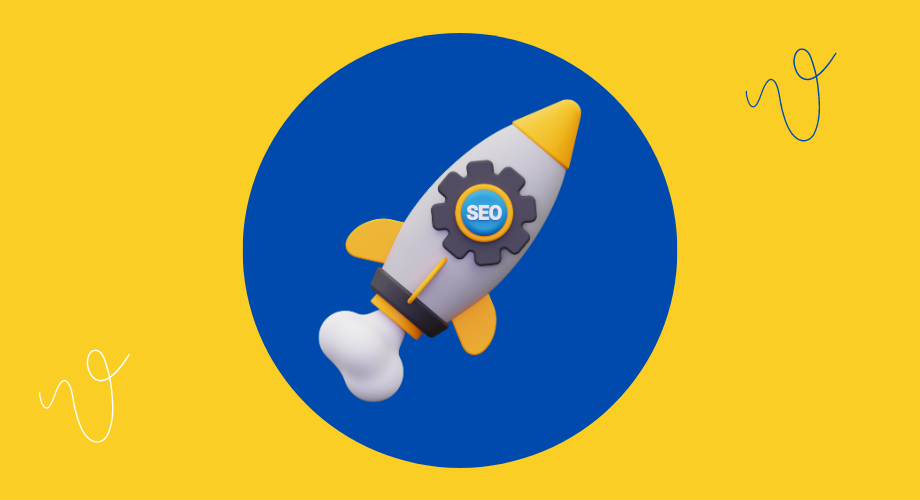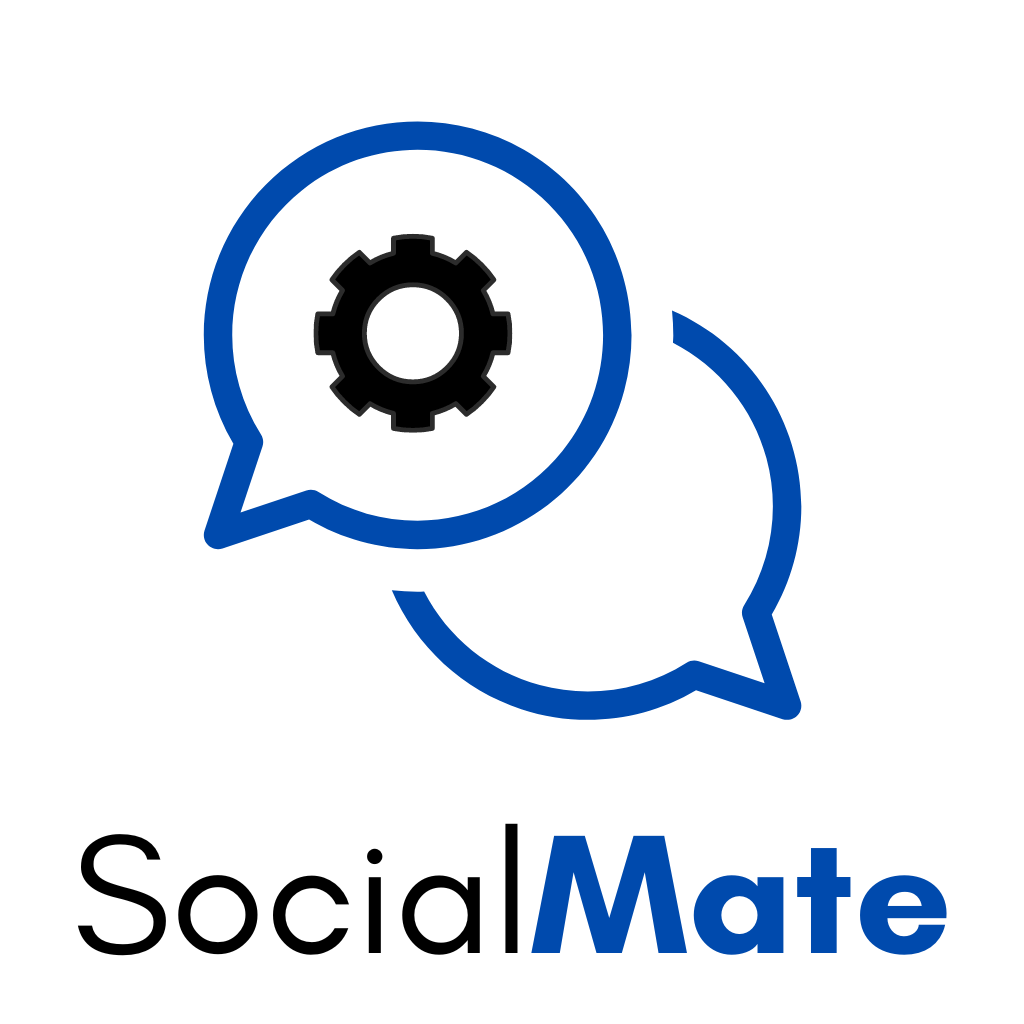The symbiosis of AI and SEO in the current world of the internet is bringing change no business owner will want to miss when boosting its visibility online. As the algorithms improve, it is more important to have direct AI device and techniques integrated into the product.
In this article, I’ll discuss new approaches and practices, based on artificial intelligence to improve your SEO outcomes and tips. Learn how AI can be added to your SEO strategy from content optimization to predictive analytics and see what increase traffic and ultimately can lead to a better ranking and success in the constantly changing SEO realm of the internet.
Understanding AI for SEO
AI for SEO encompasses the use of artificial intelligence tools to improve a website’s ranking on search engine results pages (SERPs). This process involves utilizing AI to analyze data, identify user behavior patterns, and suggest strategies for content optimization. Ultimately, this saves time and allows for a greater focus on strategic planning.
Enhancing Your SEO Strategy with AI Tools
AI tools can significantly enhance SEO strategies by automating data analysis, revealing user behavior trends, and providing content optimization suggestions. These tools save time, facilitating more strategic planning. However, choosing the right tools is essential to maximize these benefits.
Leading AI Tools for SEO and Their Application
The rise of accessible AI has introduced a variety of AI-powered SEO tools and strategies, making it difficult to determine the most effective ones. Here’s a guide to help navigate this complex landscape:
Best Practices for Using AI in SEO
Do Manage Your Expectations: AI has played a role in SEO since Google integrated it into its ranking algorithm in 2016. However, the more widespread, accessible AI tools are still relatively new and continuously evolving. Stay focused on what works for you and avoid expecting immediate results.
Don’t Use AI Without a Plan: AI requires clear objectives and guidance. Set specific SEO goals and KPIs, upload relevant datasets, use advanced filters, and invest time in crafting effective prompts. For generative AI, provide feedback to refine its output.
Do Use AI to Save Time: Familiarity with AI tools can lead to significant time savings. For example:
- AI can quickly analyze SEO data, identifying patterns and trends.
- Tools like Tableau can create data visualizations in seconds.
- Some tools can predict the performance of SEO changes, offering insights into valuable SEO tasks.
Don’t Overlook Traditional SEO Tools: Established SEO tools such as Ahrefs, Moz, Screaming Frog, and Semrush remain valuable. These platforms increasingly incorporate AI features, providing capabilities like real-time web scraping and content optimization. Use these tools alongside AI-centric tools for a well-rounded SEO strategy.
Do Use AI for A/B Testing: AI is highly effective for A/B testing, generating and testing different versions of content headlines, metadata, and structures. Tools like Optimizely or RankScience simplify this process, providing insights into what works best for both Google and users.
Don’t Neglect Your Learning: While machine learning is vital, your ongoing education is crucial. Stay updated with SEO and AI developments, improve your prompt engineering skills, and strive to understand the recommendations and outputs of your AI tools.
Do Use AI as a Starting Point for Content: AI can help overcome writer’s block by providing outlines or structures for SEO-focused content. Tools like HubSpot Content Assistant can generate keyword-optimized content. Use AI for suggestions and then refine the content to align with your unique goals.
Don’t Rely Solely on AI: AI should not replace human input in creating and optimizing content. While AI can streamline processes and save time, human creativity, empathy, and context are irreplaceable.
Do Monitor AI Performance: AI is a tool, not a magic solution. Continuously monitor the performance of your AI tools and adjust your strategy as needed. Human oversight is essential to adapt to changing circumstances and ensure optimal results.
Do Use AI to Understand Your Audience: AI tools can provide deep insights into your target audience. Platforms like MonkeyLearn analyze audience sentiment, while Google Analytics tracks user behavior. HubSpot’s ChatSpot integrates AI with CRM data, and Adobe Analytics uses AI to create strategic audience segments. This data helps tailor your SEO strategy to meet your audience’s needs.
The Purpose of SEO
While SEO is technical and involves detailed analyses and adjustments, the ultimate goal is to provide valuable information to real people. AI tools can streamline SEO tasks, but the human touch is crucial for creating meaningful and engaging content. Leveraging AI for SEO should enhance your ability to deliver valuable and personalized information to your audience.
By understanding and implementing these principles, you can effectively use AI to enhance your SEO strategy, ensuring it remains focused on delivering value to your audience.
Elevate Your Online Presence with Socialmate Today
For effortless content creation, including AI-generated text, stunning images, and voiceovers, check out Socialmate.app Create compelling content for free and elevate your online presence today!


